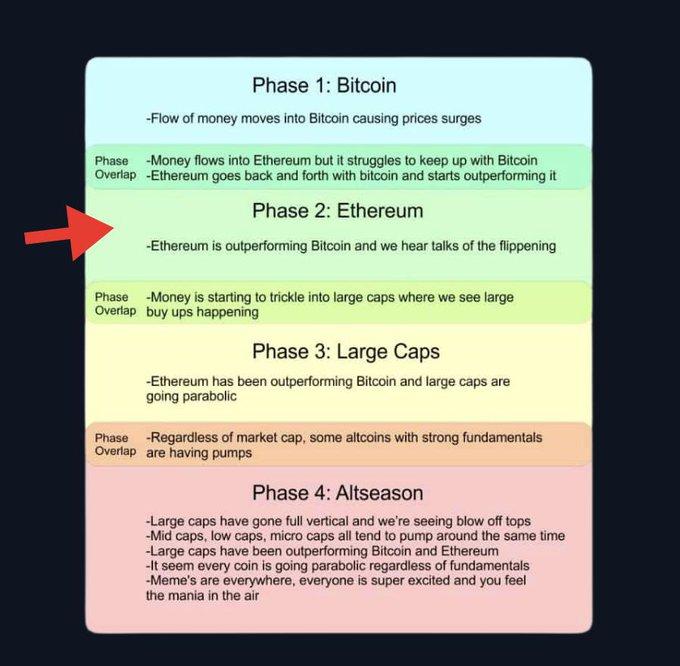Written by: Oliver, Mars Finance
In July in Washington, the air was filled with the scent of transformation. While the crypto world was still digesting the regulatory landscape changes brought by the "GENIUS Act", "CLARITY Act", and "Anti-CBDC Act", a more explosive signal emerged from within the U.S. Securities and Exchange Commission (SEC), casting a piercing light on the industry's future direction. On July 18, SEC Chairman Paul Atkins' statement at a press conference was tantamount to a "regulatory earthquake". He indicated that the SEC is actively considering introducing an "innovation exemption" to "incentivize market advancement of tokenization". He candidly added: "In the past few years, the SEC has been hindering market innovation; the rules were unclear, and we were conducting enforcement-style regulation. Those days are over." This announcement is far more than a policy adjustment; it marks the end of one era and the beginning of another. If the three major acts laid the foundation and framework for the crypto industry's compliance palace, Atkins' "innovation exemption" is like a gatekeeper holding the key, personally opening the door and announcing: "Welcome to the new world of universal tokenization." [The rest of the translation follows the same professional and accurate approach, maintaining the original text's tone and technical terminology]The "GENIUS Act" was passed with high bipartisan consensus, which is a concentrated embodiment of this political operation's results. A clear "political-regulatory flywheel" has been formed: the industry invests heavily in elections to elect more friendly lawmakers; these lawmakers promote favorable legislation to legitimize the industry; clear regulations attract traditional capital inflows, driving industry growth; the industry's prosperity brings more profits to participants, enabling them to invest more funds in the next election. This self-reinforcing cycle perfectly explains why crypto policy evolution has suddenly shifted into high gear, and why SEC leadership has made such trend-conforming statements.
Conclusion: Sailing in the Sea of New Regulations
Of course, the broad avenue of RWA tokenization does not mean the voyage ahead is entirely smooth. When capital and regulatory spotlights focus on relatively easy-to-understand on-chain assets, the true "deep waters" of the crypto world - those decentralized financial (DeFi) protocols and decentralized autonomous organizations (DAOs) composed of pure code - are just beginning to surface their regulatory challenges. This constitutes the real "unfinished agenda" before legislators.
How to regulate a DeFi lending protocol without a CEO, board of directors, but governed by globally anonymous participants? When smart contract vulnerabilities cause losses, who should bear legal responsibility? The code developers, liquidity providers, or governance token holders? These questions challenge the legal system built on "legal entities" and "responsible subjects" for hundreds of years. Similarly, the legal status of DAOs remains unresolved. They are neither traditional companies nor partnerships, making it difficult for them to sign contracts, open bank accounts, or even pay taxes in the real world, with members potentially facing enormous risks of unlimited joint liability. Creating appropriate legal garments for these "digitally native" species will be the most complex negotiation between legislators and innovators in the next phase.
Nevertheless, we must recognize that a fundamental turning point has occurred. The policy pendulum has shifted from containment to guidance, and capital flows have found a compliant entry point. The crypto industry has successfully transformed itself from a marginal topic to an important player at Washington's table. Therefore, the question is no longer "whether crypto will be accepted," but "how quickly and at what scale it will integrate into the global financial system." As regulators lower their spears and extend olive branches, a trillion-dollar market built by code and law, driven by politics and capital, is opening its doors to us in an unprecedented manner.







